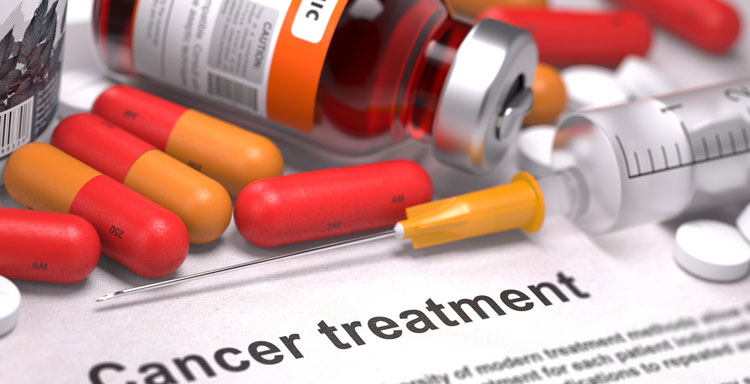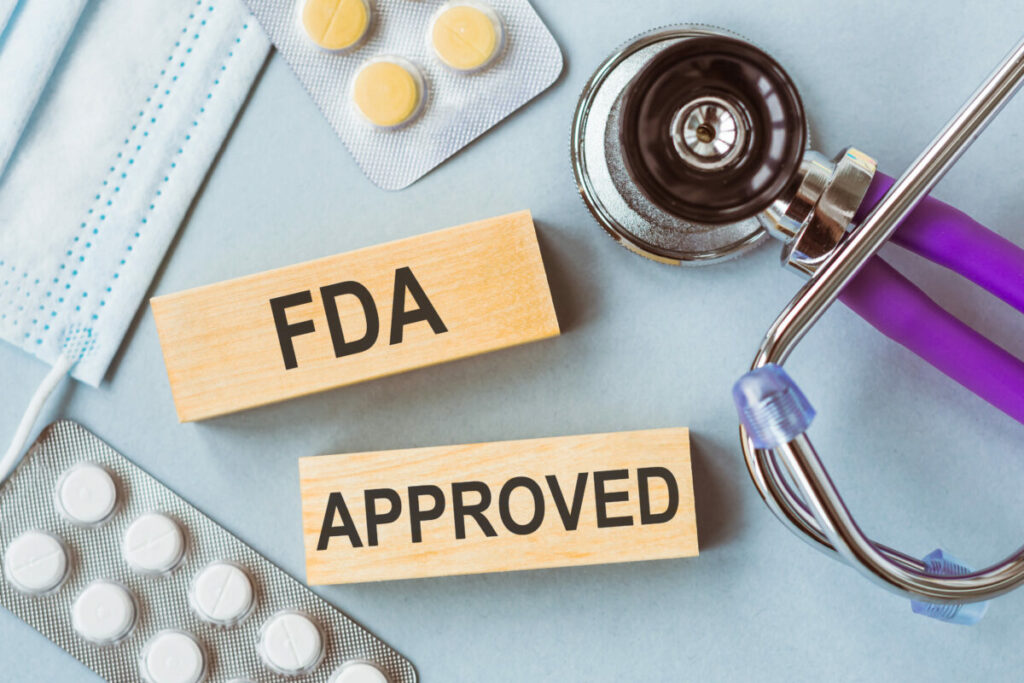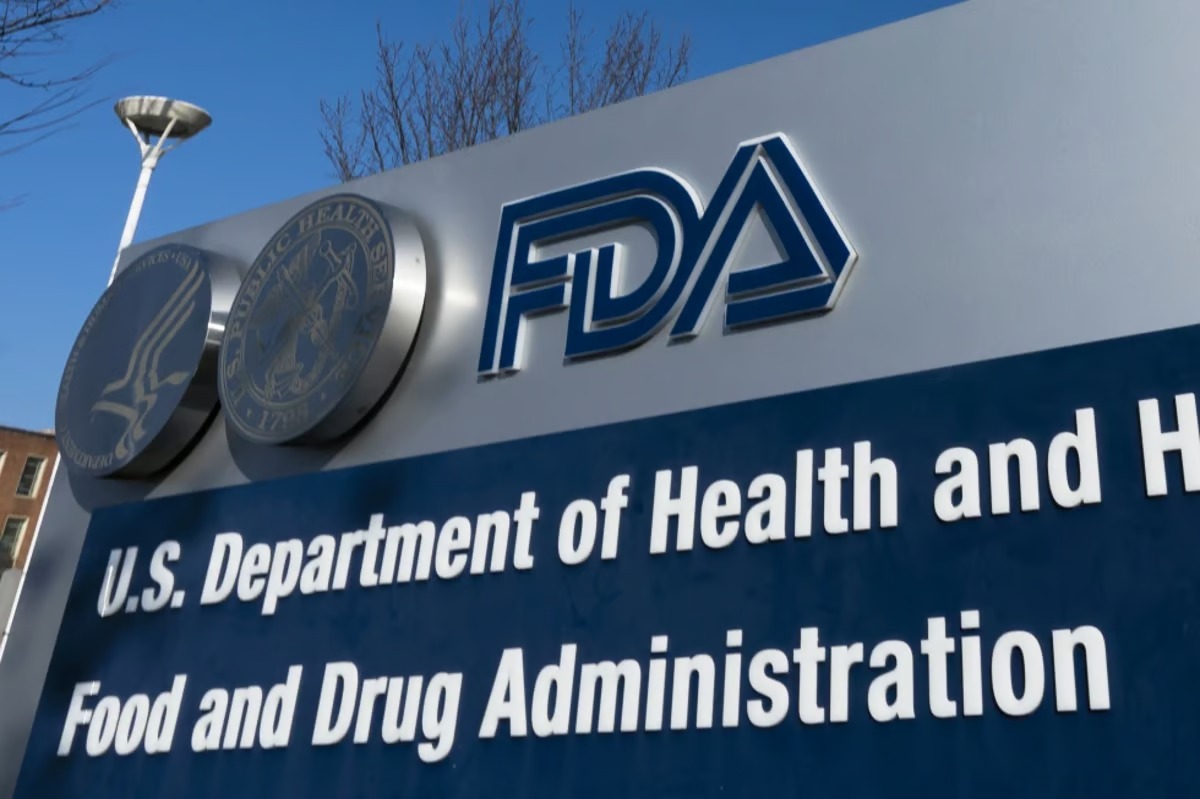United States – Recent studies suggest that the FDA’s US speeded drug approval program is not effective as many cancer medications remained unproven after five years.
Research Reveals Shortcomings
According to the research, which was published Sunday in the Journal of the American Medical Association and was showed at the American Association of Cancer Research’s annual meeting in San Diego, 46 cancer drugs were granted accelerated approval between 2013 and 2017.
Of them, 41% developed no change after five years of follow-up. In contrast, less than half of the 63% that ended up with regular approval (43%) were indicated by any clinical benefit in confirmatory trials.
Calls for Transparency and Patient Awareness
“Five years after the initial accelerated approval, you should have a definitive answer,” Dr. Ezekiel Emanuel, a cancer specialist and bioethicist at the University of Pennsylvania who was not involved in the study, told the Associated Press. “Thousands of people are getting those drugs. That seems a mistake if we don’t know whether they work or not.”
The FDA first created the program in 1992 to fast-track drugs desperately needed by HIV patients, and to this day, above 80% of the agency’s accelerated approvals concern cancer drugs, a study recently revealed.
The program permits the FDA to provide early approval to drugs that indicate effectiveness for the treatment of extremely dangerous or fatal diseases. Drug companies have to undergo more thorough testing and provide higher-quality evidence before obtaining final approval.

When dismissing drugs that have failed expectancy from the market, the FDA or the pharmaceutical company is the only one that will make the final decision. The case of the FDA can also be quoted where they have okayed for full approval even though the proof is not so clear with the AP.
However, it’s still not clear the extent to which people with cancer understand what’s written about accelerated approval drugs, as stated by the co-author of the study, Cliff Scheffer, from the Harvard Medical School to AP.
“We raise the question: Is that uncertainty being conveyed to patients?” Cliff said.
Physician Accountability and Patient Education
Nevertheless, the drugs that have fast-track approval are the only option for those with rare advanced cancers, according to Jennifer Litton of MD Anderson Cancer Center In Houston, told AP.

It will be critical for the physicians to disclose the evidence based on Litton’s clarification.
“It might be shrinking of the tumor. It might be how long the tumor stays stable,” Litton told the AP. “You can provide the data you have, but you shouldn’t overpromise.”
Legislative Updates Aim to Enhance FDA Oversight
Some recent FDA updates from Congress have granted more authority over the accelerated approval program to the FDA and eased the process of withdrawal from the program if companies are not fulfilling their obligations as stipulated by the FDA (The AP reported).
According to FDA spokeswoman Cherie Duvall-Jones, the agency can now “remove approval for a drug approved under accelerated approval, when appropriate, more quickly” thanks to these modifications.










Leave a Reply